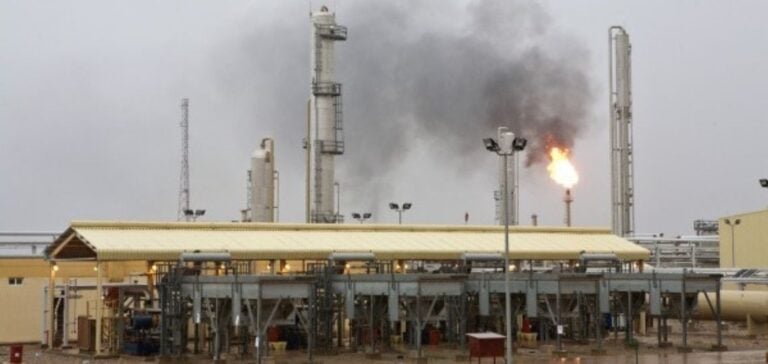On April 26, 2024, a major incident shook the energy sector in Iraq’s autonomous Kurdistan region. A drone targeted the Khor Mor gas complex, managed by Dana Gas. The attack, which has not been claimed, took place at precisely 18:45 GMT. Four people were injured, some slightly. This marks a series of attacks on this strategic site.
Complex context
The Khor Mor gas complex plays a crucial role in the region’s gas supply. It is located between the cities of Kirkuk and Souleimaniyeh, in an area often targeted by attacks. The site is regularly targeted by various forms of attack, including Katyusha rockets.
Impact on gas operations
The impact of this strike was immediate, cutting off gas supplies to power plants and reducing electricity production by 2,500 MW. This interruption jeopardizes the region’s energy stability and exacerbates existing tensions.
Recovery initiatives and safety
In response to this attack, intensive efforts are underway to restore gas supplies. Security measures are also being stepped up around vital infrastructures to prevent further incidents. The attack raises serious questions about the protection of energy facilities in conflict zones.
This attack has implications beyond Iraq’s borders, influencing global energy markets and security policies in the region. It highlights the fragility of energy infrastructures in conflict zones, and could lead to greater international cooperation to secure energy resources.






















